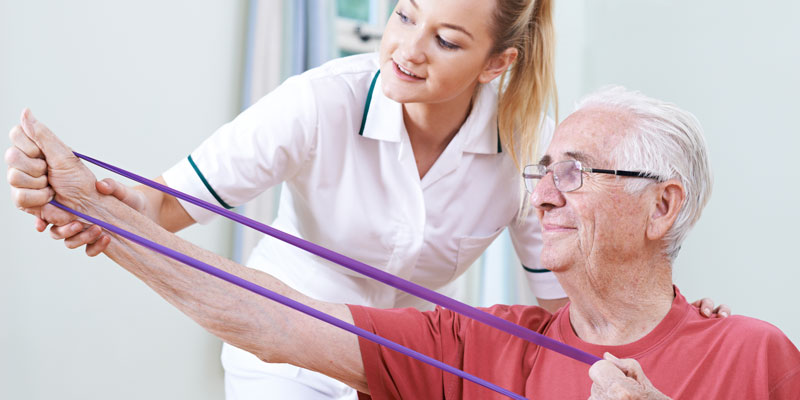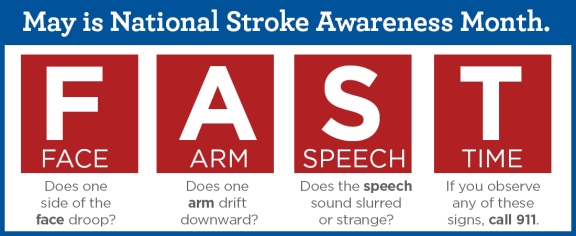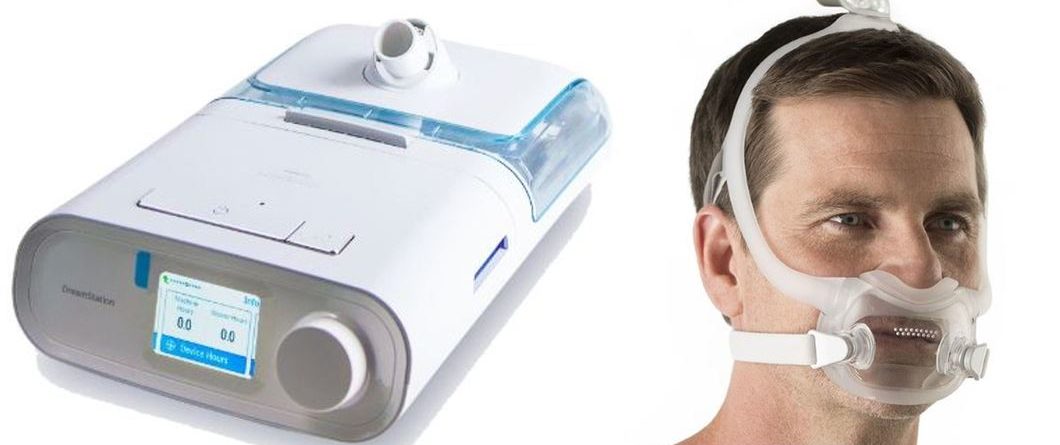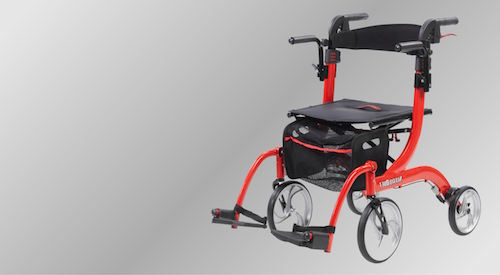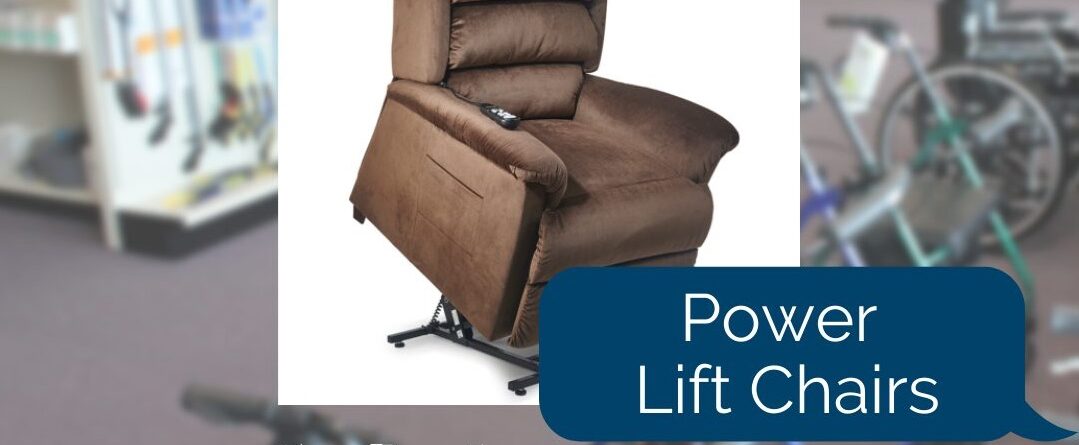Complete Physical Therapy as Instructed at Home
After an illness, injury, or surgery, you might work with a physical therapist to restore physical movement. Of course, all the work isn't done in the clinic: chances are, your therapist will give you instructions on how to do certain exercises and therapies at home. Your recovery rate and ability depend upon your commitment to following your therapist's instructions. Unfortunately, this isn't always easy though. Sometimes the demands of home and life distract us from sticking to the rehabilitation schedule....

